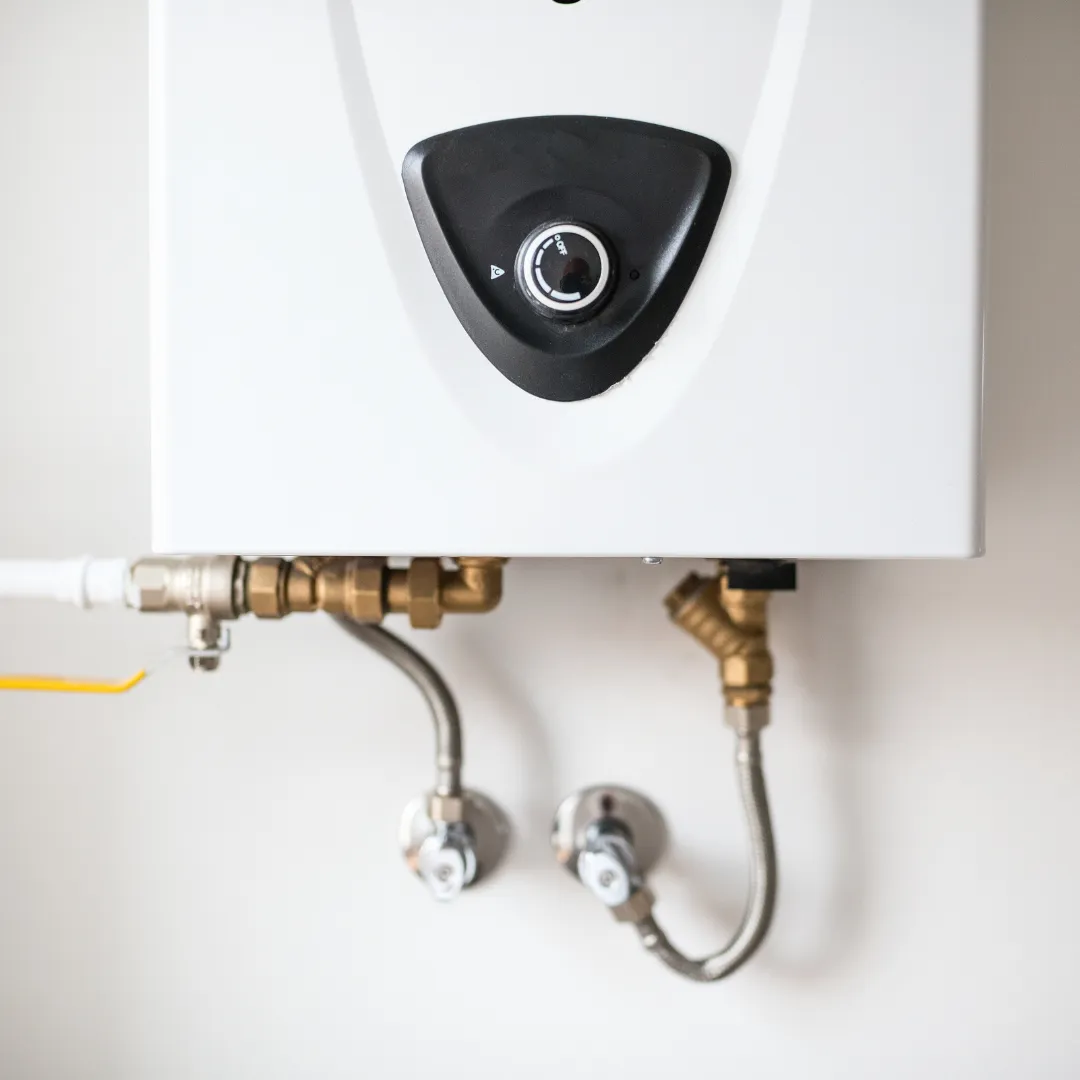
Hot Debate: Which Water Heater Is Right for You?
Introduction:
Choosing the right water heater can be a daunting task. With so many options available, it's easy to feel overwhelmed. But fear not! At All American Plumbing, we're here to help you navigate the hot debate and find the perfect water heater for your needs.

Understanding Your Options:
Let's start by breaking down your options. There are three main types of water heaters: traditional tank water heaters, tankless water heaters, and hybrid heat pump water heaters.
Traditional tank water heaters are what most people are familiar with. They store hot water in a large tank and continuously heat it to maintain a consistent temperature. These heaters are reliable and relatively inexpensive upfront but may be less energy-efficient in the long run.
Tankless water heaters, on the other hand, heat water on demand. They don't store hot water, so they take up less space and can be more energy-efficient since they only heat water when needed. While they tend to have a higher upfront cost, they can save you money on your energy bills over time.
Hybrid heat pump water heaters work by transferring heat from the air to the water, making them extremely energy-efficient. They operate similarly to a refrigerator but in reverse. While they may have a higher initial cost, they can provide significant savings on energy bills, especially in climates with mild temperatures.
Factors to Consider:
When choosing a water heater, there are several factors to consider. First and foremost, you'll need to determine the size and capacity you require based on your household's needs. A larger family will require a larger water heater to ensure an ample supply of hot water.
Energy efficiency is another important consideration. While tankless and hybrid heat pump water heaters tend to be more energy-efficient than traditional tank water heaters, it's essential to weigh the initial cost against long-term savings on your energy bills.
You'll also need to consider the space available for installation. Tankless water heaters take up much less space than traditional tank water heaters, making them ideal for small homes or apartments. Hybrid heat pump water heaters may require additional space for ventilation.
Pros and Cons of Each Type:
Let's take a closer look at the pros and cons of each type of water heater:
Traditional tank water heaters are reliable and relatively inexpensive upfront, but they can be less energy-efficient and may run out of hot water during high-demand periods.
Tankless water heaters are energy-efficient and provide endless hot water on demand, but they have a higher upfront cost and may require upgrades to your home's electrical system.
Hybrid heat pump water heaters are extremely energy-efficient and can provide significant savings on energy bills, but they may have a higher initial cost and require additional space for installation.
Making the Right Decision:
So, how do you make the right decision? It ultimately comes down to your individual household needs and preferences. Consider factors like size, energy efficiency, upfront cost, and available space when choosing a water heater.
We recommend consulting with a professional plumber to help you assess your options and make an informed decision. At All American Plumbing, our expert plumbers can provide personalized recommendations based on your specific needs and budget.
Conclusion:
In conclusion, choosing the right water heater is an important decision that requires careful consideration. Whether you opt for a traditional tank water heater, a tankless water heater, or a hybrid heat pump water heater, it's essential to weigh the pros and cons and consider factors like size, energy efficiency, and upfront cost.
At All American Plumbing, we're here to help you find the perfect water heater for your needs. With our expert guidance and top-quality installation services, you can enjoy reliable hot water for years to come.